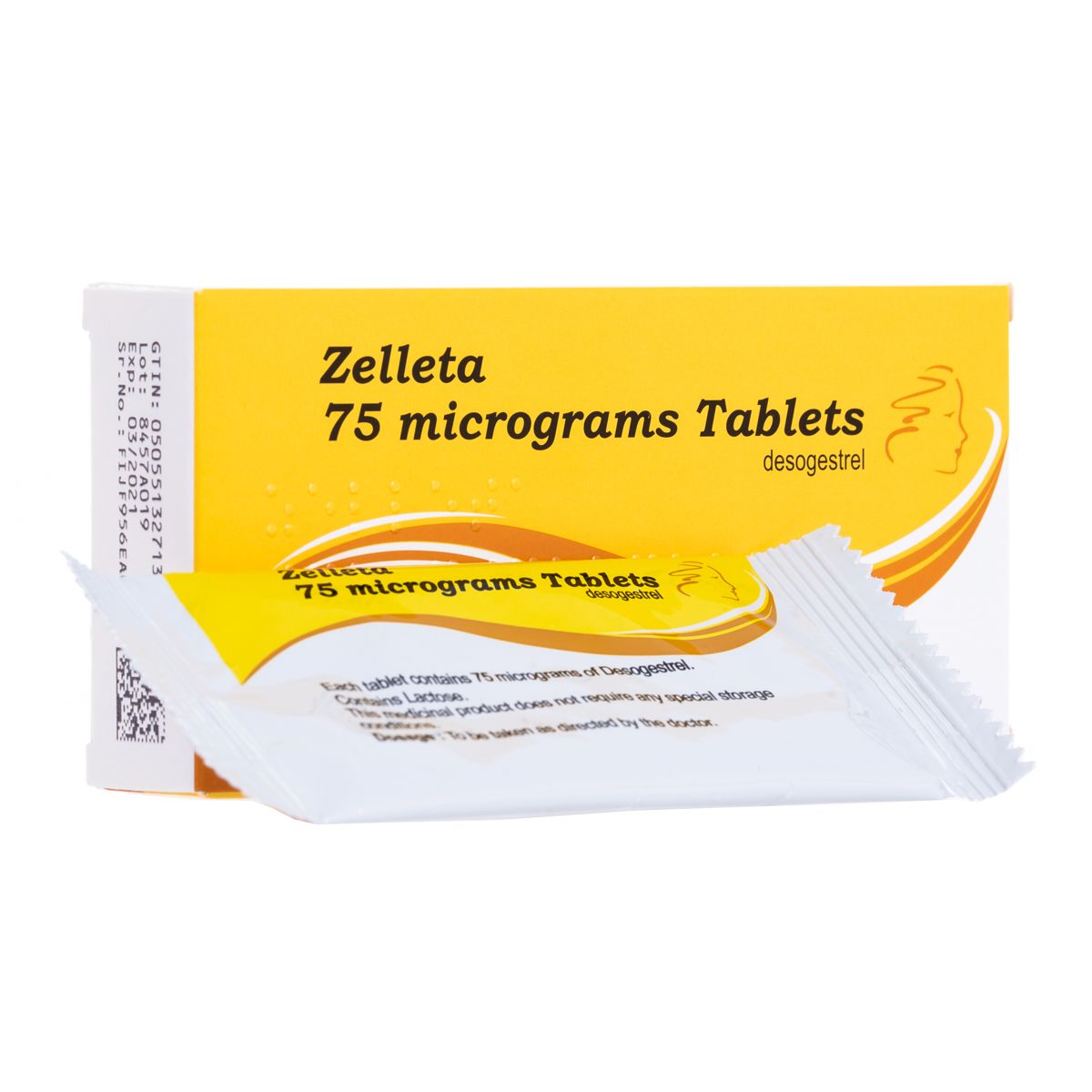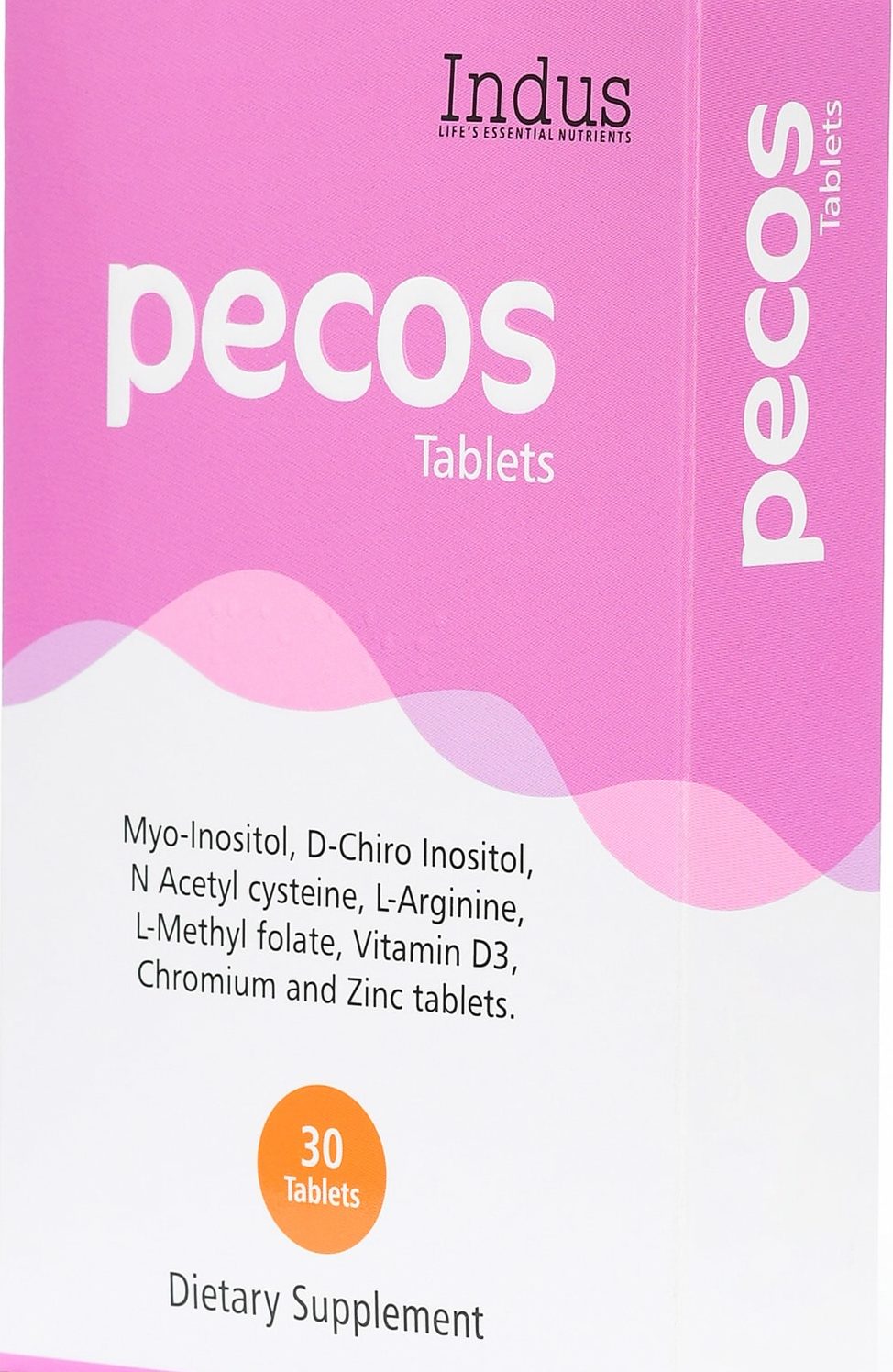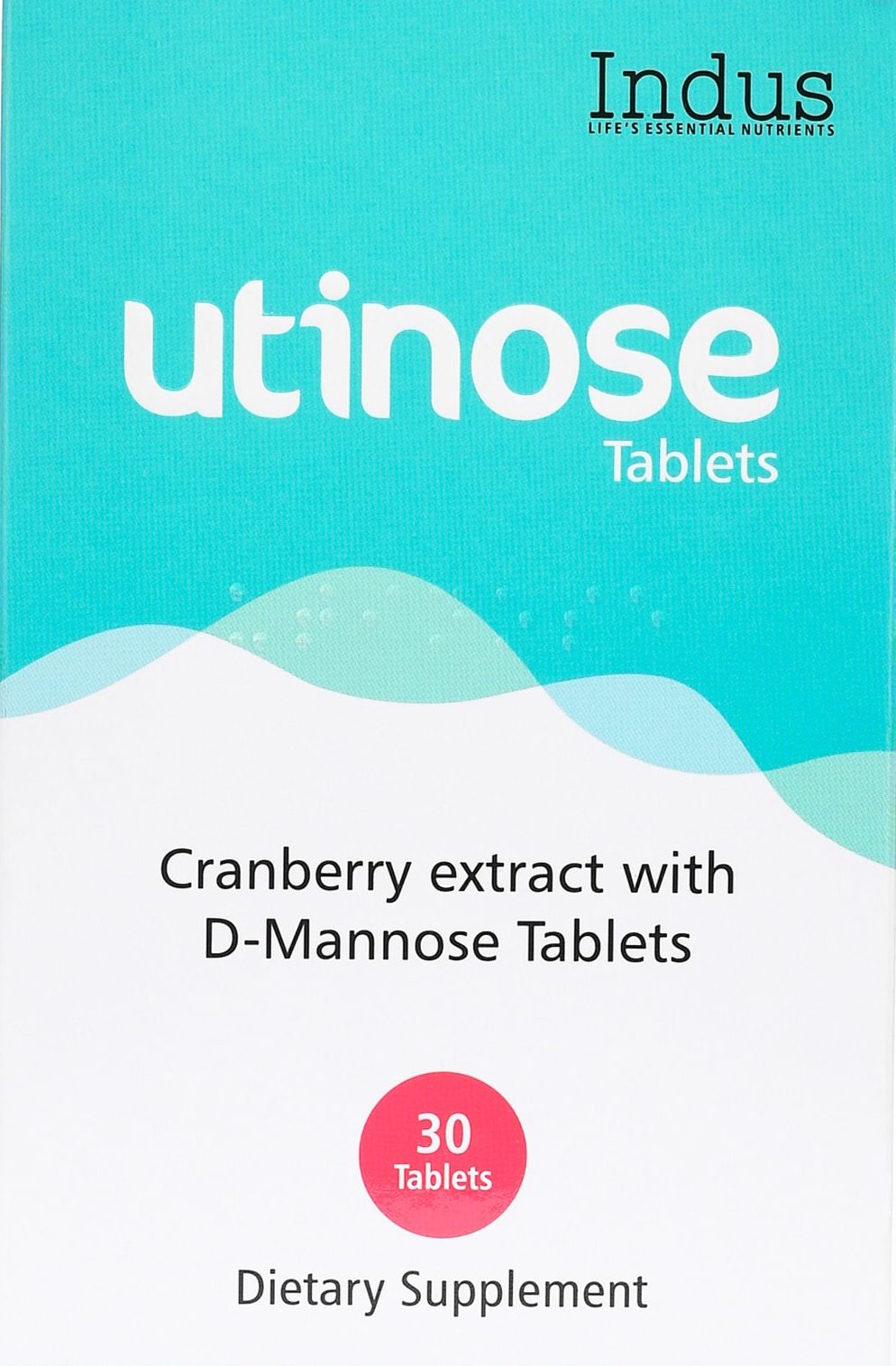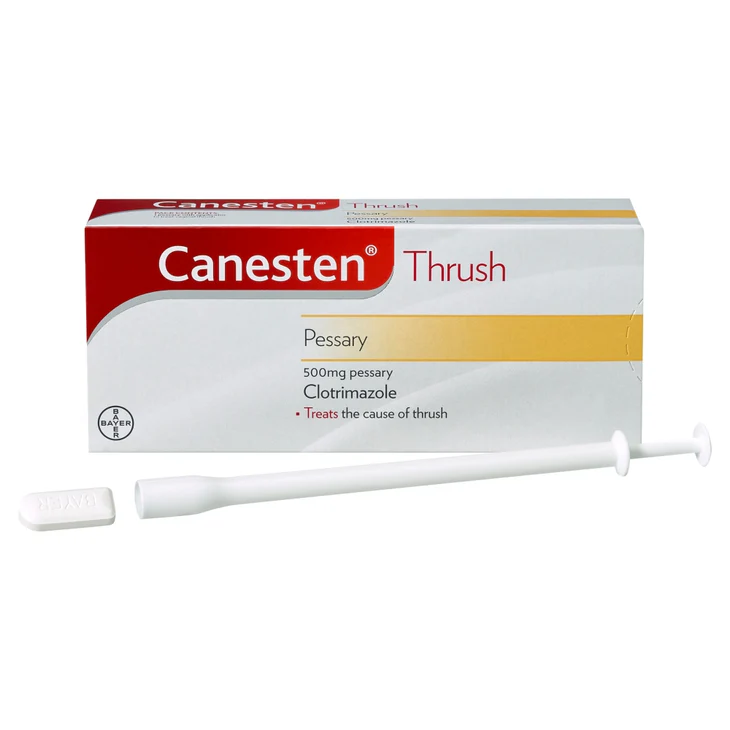-
 Get 10% discount on your next order. Order now to qualify.
Get 10% discount on your next order. Order now to qualify.
-
 Get 20% cashback on apple app store. Use code P056
Get 20% cashback on apple app store. Use code P056
DELIVERY & RETURNS
Free shipping offer on Pilldoctor and get exclusive offers.
Location
-

Door Delivery Fastest delivery to the door for only 2 days. Don't miss exclusive offer.
-

Pickup Station Fastest delivery to the door for only 2 days. Don't miss exclusive offer.
-

Return Policy Fastest delivery to the door for only 2 days. Don't miss exclusive offer.
Description
Zelleta is a contraceptive pill used to prevent pregnancy. It’s a type of pill called the mini-pill or progestogen-only pill. It only contains one hormone – desogestrel – and doesn’t contain oestrogen.
How does Zelleta work?
Zelleta tablets contain desogestrel 75 micrograms. Desogestrel is a synthetic progestogen, similar to the natural progestogen hormones produced by the body.
Desogestrel works mainly by stopping your ovaries from releasing an egg each month (ovulation). It also increases the thickness of the natural mucus at the neck of the womb, making it more difficult for sperm to cross from the vagina into the womb, as well as thinning the womb lining (endometrium), making it more difficult for any successfully fertilised eggs to implant there.
Zelleta is the same as other mini-pills that contain desogestrel 75 micrograms; these include Cerazette and Cerelle.
Key facts about Zelleta
- Zelleta is a brand name for desogestrel 75 microgram tablets.
- It can be taken by most women, including breastfeeding mothers, heavy smokers and those with high blood pressure, migraine or a risk of blood clots.
- Zelleta is 99% effective when taken correctly, but missing pills, vomiting, diarrhoea and taking certain other medicines can make it less effective. See below.
- One Zelleta tablet should be taken every day, at the same time each day. With this type of pill you don’t have a break between packs.
- If you’re more than 12 hours late taking a pill you won’t be protected against pregnancy and you’ll need to use condoms for the next two days. See below.
- Zelleta won’t protect you against sexually transmitted infections; you’ll still need to use condoms for that.
- The most common side effects of Zelleta are changes to your period, such as irregular bleeding or your period stopping.
It’s worth noting that the advice below may differ from that in the leaflet you get with your pills, which tends to err on the side of caution. Our information and advice is the same as that given by the NHS and the Faculty of Sexual Health and Reproductive Healthcare UK, and is based on systematic reviews of the currently available evidence. If you are concerned or have any questions, talk to your doctor, nurse, pharmacist or local family planning centre.
Who shouldn’t take Zelleta?
Zelleta can be taken by most women, including women who can’t take oestrogen-containing contraceptives. However, it may not be suitable for women with:
- Abnormal vaginal bleeding that hasn’t been investigated by a doctor.
- Breast cancer or a history of breast cancer. (But, your doctor may say you can take Zelleta if you have been free of cancer for five years and you don’t want to use non-hormonal methods of contraception.)
- Liver cancer or severe liver cirrhosis.
- Serious arterial disease, eg that has caused a stroke, angina or heart attack.
- Rare metabolic disorders called acute porphyrias.
Can I take Zelleta if I’m breastfeeding?
Yes. Small amounts of desogestrel may pass into breast milk but there are no known harmful effects on a nursing baby. It doesn’t affect the production of breast milk.
How do I take Zelleta?
First decide what time of day you’re going to take your pill. Then take one Zelleta pill every day, at that same time each day. When you finish a pack start the next pack straight away without having a break. This means you’ll be taking one tablet every day all the time, including when you’re having a period.
Zelleta tablets can be taken either with or without food.
When can I start taking Zelleta?
You can start taking Zelleta at any time in your menstrual cycle.
If you start it on day 1 to 5 of your period you’ll be protected from pregnancy straight away and don’t need to use any extra contraception. BUT, if you have a short menstrual cycle (if you get your period every 23 days or less), starting on days 2 to 5 may not protect you straight away, so you should use extra contraception for the first two days.
If you start taking Zelleta at any other time in your cycle, you’ll need to use additional contraception, eg condoms for the first two days of pill taking.
If you’re starting Zelleta after having a baby
Start taking Zelleta on day 21 after the birth. This will protect you from pregnancy immediately so you don’t need to use extra contraception. If you start Zelleta more than 21 days after giving birth, use extra contraception for the first two days of pill taking.
If you’re starting Zelleta after a miscarriage or abortion
If you start Zelleta in the first five days after a miscarriage or abortion you’ll be protected against pregnancy immediately. If you start taking it more than five days after the miscarriage or abortion, use extra contraception for the first two days of pill taking.
What should I do if I miss a pill of Zelleta?
If you forget to take a pill at your usual time, take it as soon as you remember. (If you missed more than one pill just take the last one you missed.) Take your next pill at your normal time. This may mean taking two pills together – this is not harmful.
If you are less than 12 hours late taking a pill you are still protected and don’t need to use extra contraception.
If you are more than 12 hours late taking a pill you won’t be protected against pregnancy. You should either not have sex, or use an extra barrier method of contraception (eg condoms) for the next two days, while you continue to take your pills as normal. If you’ve had unprotected sex in this time you’ll need to take the morning after pill to avoid pregnancy. Ask your doctor, pharmacist or local family planning clinic for advice.
Can I take other medicines with Zelleta?
Before you start taking Zelleta, make sure you tell your doctor or pharmacist if you’re already taking any other medicines, because some medicines can make Zelleta less effective at preventing pregnancy. For instance, if you regularly take any of the medicines below Zelleta probably won’t work for you, so you’ll need to use a different form of contraception:
- certain antiepileptic medicines, such as carbamazepine, oxcarbazepine, perampanel, phenobarbital, primidone, phenytoin or topiramate
- some medicines for HIV, such as efavirenz, nevirapine or ritonavir
- the antifungal griseofulvin
- modafinil for narcolepsy
- the antibiotics rifabutin or rifampicin for tuberculosis
- the herbal remedy St John’s wort (Hypericum perforatum).
If you’re prescribed a short course (up to two months) of any of these medicines while you’re taking Zelleta this can also make it less effective, and your doctor will usually recommend that you temporarily use a different form of contraception. If you want to keep taking Zelleta you’ll need to use an extra method of contraception (eg condoms) for as long as you take the extra medicine and for at least four weeks after stopping it.
While you’re taking Zelleta it’s a good idea to check with your doctor or pharmacist before you take any other new medicines.
Antibiotics (other than rifampicin or rifabutin – see above) won’t make Zelleta less effective, unless they give you diarrhoea or make you sick. If this happens, follow the instructions for diarrhoea and vomiting described above.
The same applies for any other medicine that makes you vomit or gives you diarrhoea – common culprits include laxatives and the weight loss medicine orlistat (brand names Alli and Xenical).
What are the side effects of Zelleta?
The following are some of the side effects that may be associated with Zelleta. Just because a side effect is stated here doesn’t mean that everyone taking this contraceptive pill will experience that or any side effect.
Common side effects (affect between 1 in 10 and 1 in 100 women)
- Changes to your period, eg irregular bleeding, more frequent or less frequent periods, or sometimes stopping of your periods. These changes can be annoying, but are not harmful and tend to settle down after a while. If you have continued problems with irregular bleeding talk to your doctor. If you’re worried that you could be pregnant because you haven’t had a period, ask your doctor or pharmacist for advice or do a pregnancy test. But, if you took all your pills correctly and you didn’t have an upset stomach or take any other medicines which might affect your pill, then it’s unlikely you’re pregnant.
- Mood changes, including feeling depressed.
- Reduced sex drive.
- Headache.
- Feeling sick.
- Acne.
- Breast tenderness.
- Weight gain.
Uncommon side effects (affect between 1 in 100 and 1 in 1000 women)
- Vomiting.
- Vaginal infection.
- Hair loss.
- Cysts on the ovaries.
- Fatigue.
As with other contraceptive pills, it’s possible that taking the progestogen-only pill may slightly increase your risk of being diagnosed with breast cancer. Reasearch into this is still ongoing, but if there is any increased risk it is likely to be very small. If you’re worried, discuss this with your doctor.
Read the leaflet that comes with your pills, or talk to your doctor, nurse or pharmacist if you want any more information about the possible side effects of Zelleta. If you think you’ve experienced a side effect, did you know you can report this by calling pill doctor Ghana on +233267000104.
What if I get pregnant while taking Zelleta?
It’s extremely unlikely that you’ll get pregnant if you take Zelleta correctly every day. But, if this does happen, there’s no evidence that the pills you have taken will harm the baby.
If you do get pregnant while taking Zelleta there’s a slightly increased risk that the pregnancy may develop outside the womb (an ectopic pregnancy). (The risk of this is higher with progestogen-only pills than with other forms of contraception, but is still lower than if you weren’t using any contraception at all.) Symptoms include sudden or unusual abdominal pain, so see your doctor if you experience this while taking Zelleta, particularly if you haven’t had a period, or you’ve had much shorter or lighter than normal bleeding.
Product Ratings
Highest Ratings
There are no reviews yet.










